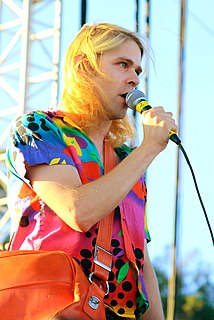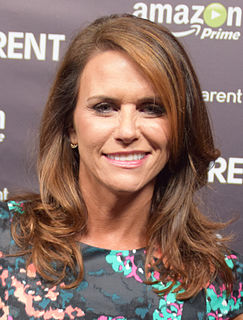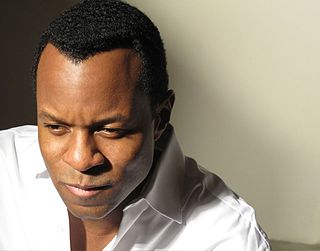A Quote by Lawrence Ferlinghetti
If you would be a poet, write living newspapers. Be a reporter from outer space, filing dispatches to some supreme managing editor who believes in full disclosure and has a low tolerance for bullshit.
Related Quotes
Newspapers have been likened to steamships that move very slowly, in terms of their direction. And when a reporter is sent out on a story, if that reporter has his or her own personal standards and is given a certain amount of time, they're going to probably do as good a story yesterday or tomorrow as they did the day before yesterday when there was a different editor there. But an editor provides vision. An editor decides what's going to be on page one, what gets rewarded, who's given more time, who's given what beats. They set a direction.
You can't argue with someone who believes, or just passionately suspects, that the poet's function is not to write what he must write but, rather, to write what he would write if his life depended on his taking responsibility for writing what he must in a style designed to shut out as few of his old librarians as humanly possible.
I would die to record in space. That would be the coolest. If I got the option of, going into outer space and hanging out there for a day, and then coming back home and dying the next day, or just waiting around to see if there's any opportunity for the technology to develop so that I might experience outer space sometime in the future, I would probably take the ride today and die tomorrow. I'd be happy just hanging out between the moon and the Earth, getting a view.
If I got the option of going into outer space and hanging out there for a day and then coming back home and dying the next day, or just waiting around to see if there's any opportunity for the technology to develop so that I might experience outer space sometime in the future, I would probably take the ride today and die tomorrow.
Where we're operating is orbital adventures. We would offer five to seven days in low Earth orbit aboard our own spacecraft where customers would have the view of the Earth; get to experience really living in space, probably conducting some scientific investigations that we would piggyback onto those flights. So, they would have the whole experience, kind of a mini-experience of what professional astronauts have.
Bob Wallace was my editor at Rolling Stone when I first started writing there, and he's a wonderful editor. I was in the Philippines during the Marcos overthrow, and I was up on what was called Smokey Mountain. I think it's gone now, but it was a garbage dump with a bunch of people living on it. I was talking to Bob on the phone, and I told him, "I'm a humorist. I can't write about this." And Bob told me to let my style be dictated by the subject, to take what I saw and write about it in the tone that it requires.
In fact, the Outer Space Treaty of 1967 bans militarization. Potential adversaries of the US, and even its allies, are so far behind that these countries are very interested in maintaining the treaty. Europe and the rest of the world want a strong reaffirmation of the Treaty and the US is unilaterally trying to derail it. Termination of the treaty would mean that the US could develop satellite weapons, put offensive weapons in space. It would probably mean using nuclear power in space. All of this leads to some very dangerous scenarios, including destruction of the species.
I have a whole section of a filing cabinet in my office full of ideas. Some are ideas for books or articles I want to write. One is a romantic comedy; one's about my dad's life. I've also got ideas for books on moral relativism as well as democracy and human nature. There's also a really cool concept for a spy novel.






































